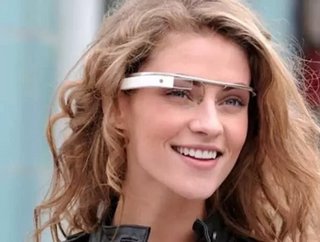[INFOGRAPHIC] Bringing Wearable Technology to Health Care

Wearable technology has been on the rise in the health care market during recent years. Moving from tracking calories and steps taken, wearable technology is now allowing patients and doctors to remain connected and share health history.
Apple has been the most recent player, entering the health care tech space with its introduction of the iPhone 6 and the Apple Watch. Being regarded as a “comprehensive health and fitness companion,” the duo will provide fitness tracking, file sharing and the option to store emergency contact information. Samsung and Google, however, are also big contributors to the market.
But besides Apple’s latest models, Dr. Bob Duggan – an Orlando, Florida, foot and ankle surgeon with Physicians Associates – believes health care is about to enter a new era in wearable technology.
“It’s not too much of a stretch to expect someone with a watch coming in and saying, ‘Oh, I want to give you my blood pressure measurements from the last month,’ and they download it as they sign in for an appointment,” Duggan told News4Jax in a recent interview.
According to a report from the IMS Institute for Healthcare Informatics, newer technologies will get people more engaged in their own health care.
The report additionally estimated that health technology could benefit a third of the United States population and save the health system $81 billion by encouraging wellness and ensuring appropriate treatment.
Currently, there are a number of top-of-the-line wearable tech items on the market. The following infographic takes a look at the most well-known items benefitting both patients and doctors and how they’re improving the health care tech space.







